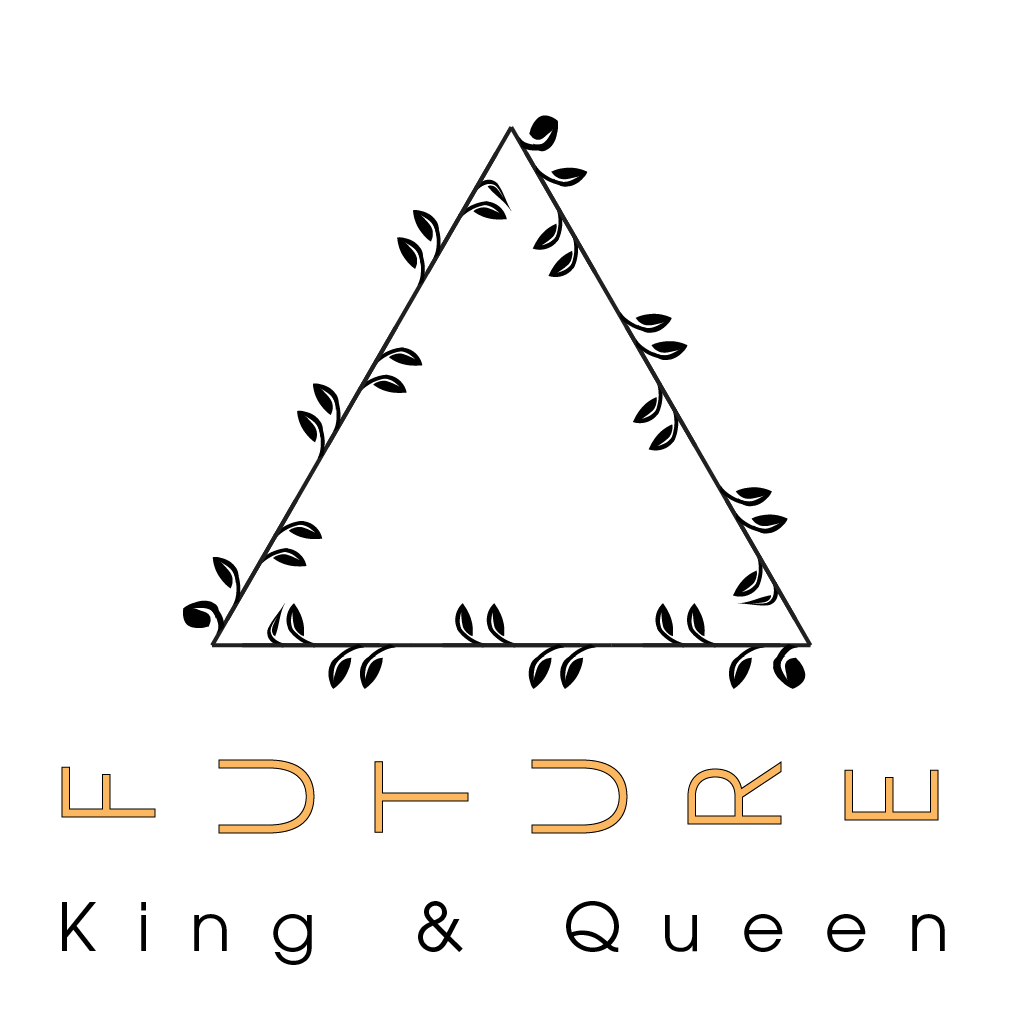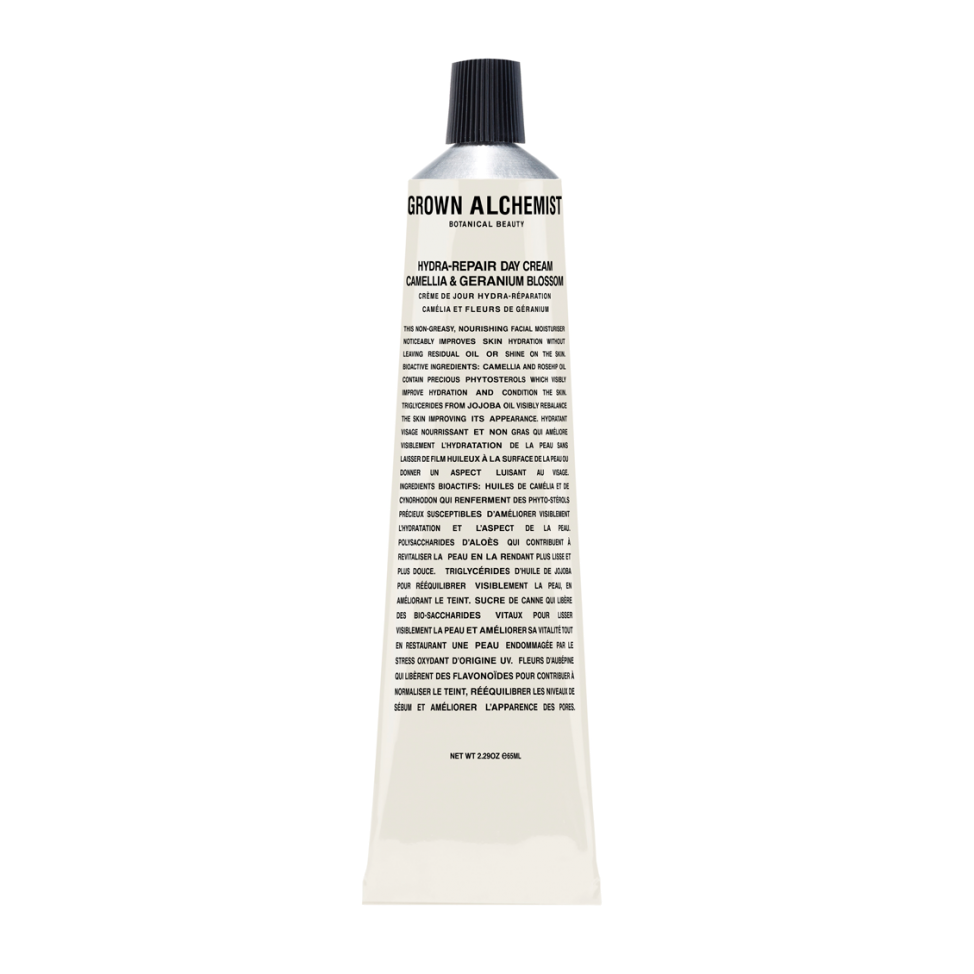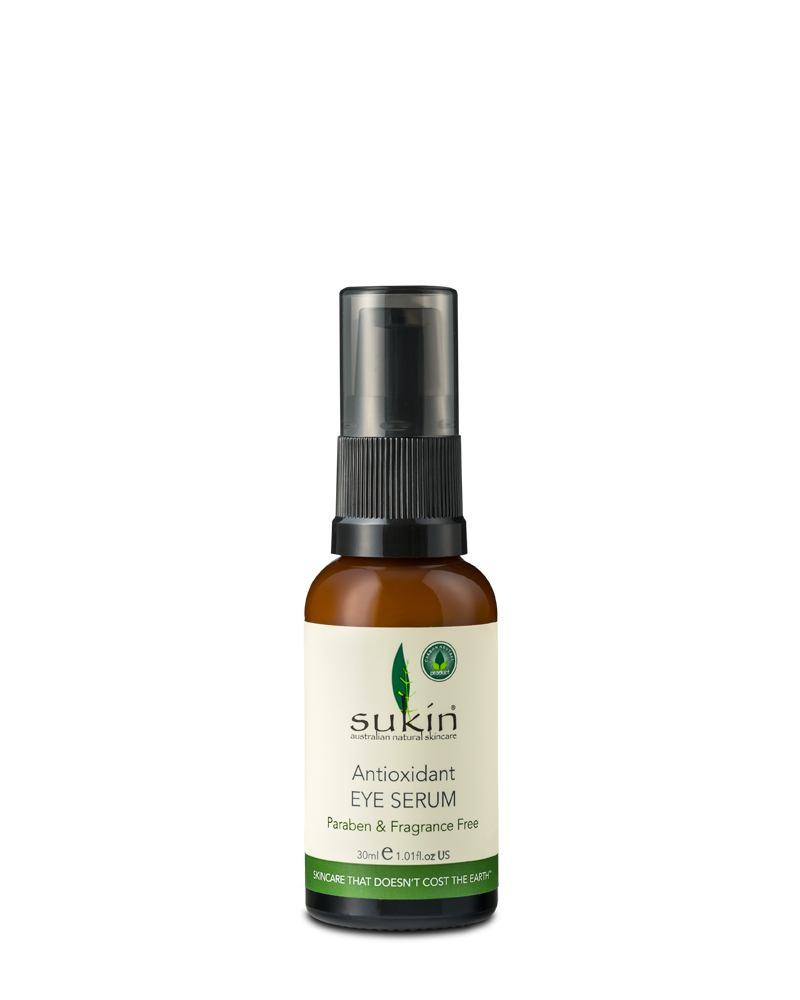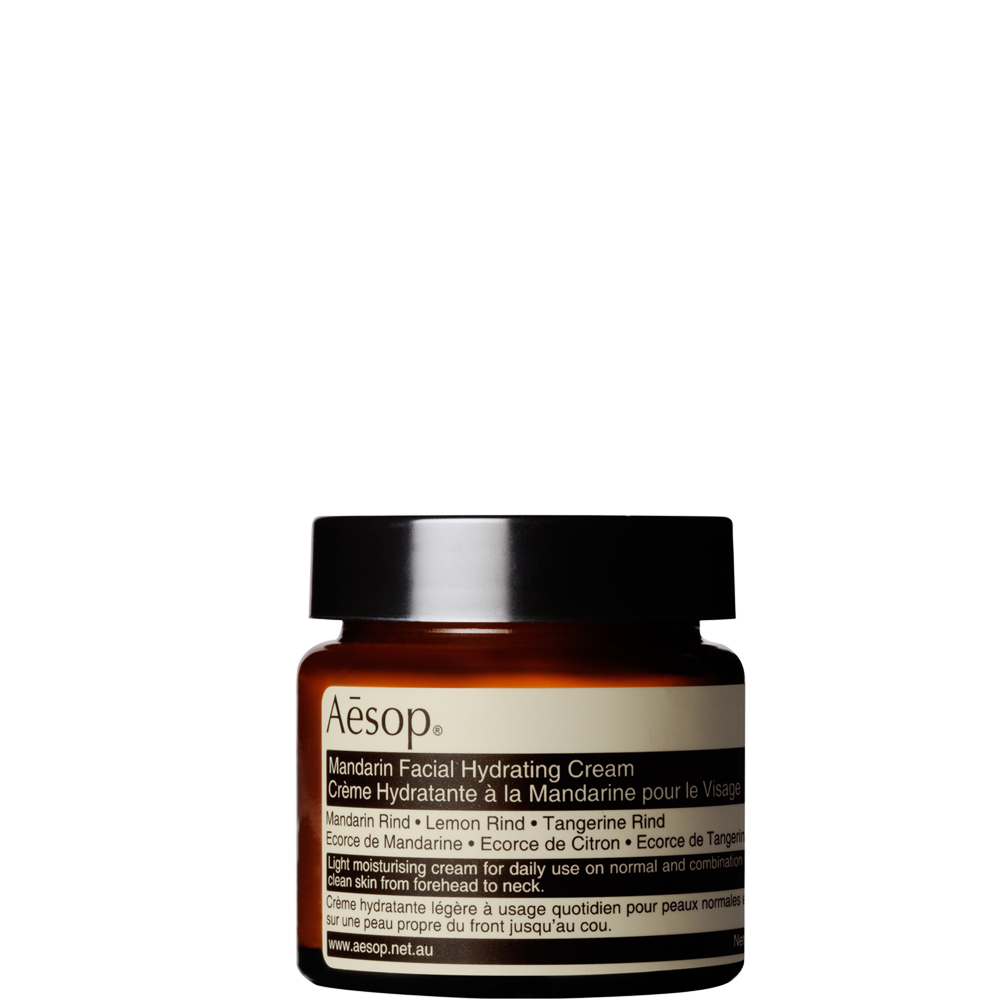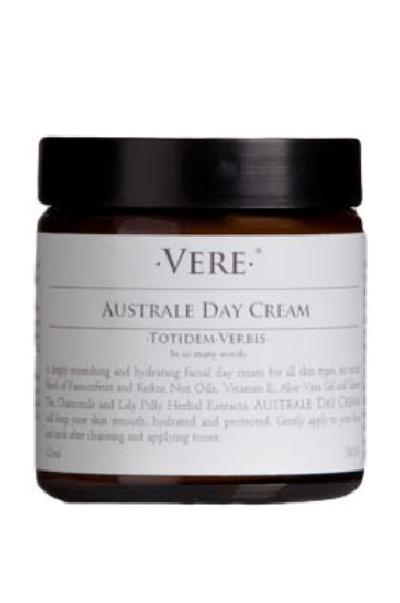Botanical VERSUS petroleum based moisturiser.
In the early 20th century, industrial chemists worked out
that oils and waxes derived from petroleum, coal and shale oil worked
as a "good" moisturiser on the skin.
Petroleum jelly and mineral oil were considered wonder ingredients,
and have been used in big name brand moisturising products
ever since.
Trouble is, that wonder ingredient is now under scrutiny because its
magical properties may not be so healthy after all.
Why did they think it was good?
Mineral oils and petroleum jelly are "occlusive" agents,
meaning they form a seal from any moisture or air getting through.
So when they are applied on the skin,
they act as a barrier.
This was believed to be a good thing,
as in theory it traps the body's own oils under the layer.
It's the reason why people felt their skin was moisturised,
and why these products were initially used on burn patients.
Unfortunately, though, it also means the skin cannot breathe.
Anybody who has ever broken out in acne after applying
petroleum based creams will nod knowingly here!
The skin acts as a regulator of temperature,
amongst its many functions.
So it needs to be able to freely breathe in order for the
body to effectively cool itself when needed.
(This is one of the reasons why petroleum jelly should NEVER
be applied to sunburned skin - because it will trap the heat
and can then lead to infections and scarring.)
What appeared to be a "moisturiser" was really a "barrier"?
Yes - with a better understanding of how the skin works,
the feeling of "moisturising" which people felt was actually an illusion,
if you will.
Today, we know and understand much more about this complex organ,
and research has focussed on actually nourishing the skin,
rather than just adding a barrier layer to it.
Which is where the big debate between
botanical versus petroleum ingredients comes in!
Despite being occlusive agents,
its also now believed that these refined products are actually
absorbed into the skin,
carrying some of their extra bed fellows (depending on the level of refinement)
with them. Passengers include dioxane - a known animal carcinogen
and potentially a human carcinogen too - although further study is required to confirm early findings.
What to avoid in the ingredients listed on the back of your moisturiser bottle.
If your moisturiser lists any of these ingredients,
perhaps leave it on the shop counter,
because these are some of the names which describe this group of
petroleum, coal and shale oil based occlusive agents:
Petrolatum
Petroleum Jelly
Mineral Oil
Paraffin oil
Liquid paraffin
Many of the big name moisturisers have an ingredient list which
include some of these components.
As a case in point, let's compare one of the biggest names in moisturisers
with a botanically based alternative.
Elizabeth Arden 8 hour cream has been a best seller
since it was released in 1930,
but did you know that its main ingredients are
Petrolatum and mineral oil ?
Do you want that to be absorbed by your skin?
We don't!
As well as containing these old fashioned ingredients,
the 8 Hour Cream also loses brownie points as it is
tested on animals and contains animal byproducts,
such as lanolin (a waxy secretion made by sheep to keep their wool dry in rainy weather).
In this day and age, testing cosmetics on animals is disturbing,
and there is no need to use products which cause harm to animals,
when there are so many other alternatives available which are animal-derived free.
We would rather choose products which:
1 ) Don't test on animals
2) Don't contain animal parts and byproducts
3) Are not made from Petrolatum, Mineral Oil or Paraffin.
So what's the alternative? Which botanical based moisturiser should I use?
Some of our favourite moisturisers are Australian ones, such as Grown Alchemist, Aesop, Sukin and Vere.
All of them are botanically based, vegan and
contain none of the petroleum/coal derived nasties described above.
So for us, there really is no debate at all!
This post is not sponsored, nor are we affiliated with any of these brands.
Through trial and error, we have found they work best on our skin,
and meet our range of ethical criteria,
so we are happy to recommend them to others looking for similar
high quality, cruelty-free and natural moisturisers.
